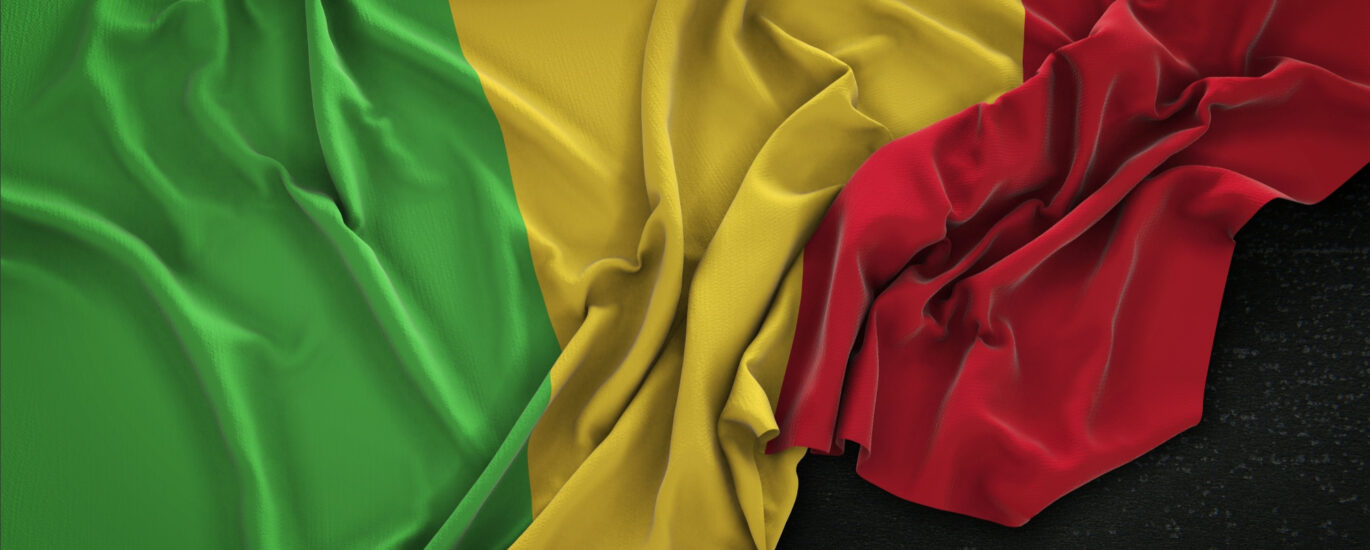Following the arrest of President Ibrahim Boubacar Keita along with Prime Minister Boubou Cisse by a military junta, which eventually led to Keita’s resignation in a brief address broadcast on State television on Wednesday 19 th August, 2020, the ECOWAS bloc, European Union, African Union, UN Security Council have all condemned the putsch and demanded the unconditional release of the detained leaders. Recall that the 2012 coup in Mali was followed by an insurrection in the northern part of the country which birthed the jihadist insurgency. The said coup unleashed years of chaos in northern Mali which allowed the Islamist extremists take full
control of the northern cities in the light of the power vacuum. After a request from Mali, a French-led military operation named “Operation Serval” launched in January 2013 and eventually ousted the jihadists. However, these jihadists sect eventually regrouped and have
expanded their reach during Keita’s presidency, threatening neighboring countries.
In the light of this recent occurrence, leaders of the 15-nation Economic Community of West African States (ECOWAS) convened over the crisis on Thursday 20 th August, 2020, after it suspended Mali, shut off borders and halted financial flows in response to the military coup. Also, ECOWAS during their meeting agreed to send a delegation of Presidents to Mali’s capital, Bamako, to seek a resolution to the crisis having failed to broker an agreement between Keita and the opposition, who are leading the large scare protest. These delegated are the Presidents of Niger, Senegal and Ghana.
Within Mali, the Malian junta’s spokesman, Colonel Major Ismael Wague, stated that soldiers who seized power are “in contact with civil society, opposition parties, the majority, everyone, to
try to put a transition in place”, the junta‘s spokesman told FRANCE 24 on Thursday.
The military overthrow is no doubt a flagrant breach of the Malian Constitution, the ECOWAS Revised Treaty and relevant ECOWAS Protocols, entitling ECOWAS to take action under its Protocol A/SP1/12/01 on Democracy and Good Governance Supplementary to the Protocol relating to the Mechanism for Conflict Prevention, Management, Resolution, Peacekeeping and Security. In categorical terms article 45 of the Protocol provides:
1. In the event that democracy is abruptly brought to an end by any means or where there is massive violation of Human Rights in a Member State, ECOWAS may impose sanctions on the State concerned.
2. The sanctions which shall be decided by the Authority may take the following forms, in increasing order of severity: Refusal to support the candidates presented by the Member State concerned for elective posts in international organisations; Refusal to organise ECOWAS meetings in the Member State concerned; Supension of the Member State concerned from all ECOWAS decision making bodies. During the period of the suspension the Member State concerned shall be obliged to pay its dues for the period.
3. During the period of suspension, ECOWAS shall continue to monitor, encourage and support the efforts being made by the suspended Member State to return to normalcy and constitutional order.
4. On the recommendation of the Mediation and Security Council, a decision may be taken at the appropriate time to proceed as stipulated in Article 45 of the Protocol of 10 thDecember 1999.
While the actions taken so far by ECOWAS fall within the remit of its authority to enforce compliance with its Treaty and Protocols, one can only wonder whether the spate of interventions is not coming a little too late. The events that appear to have now climaxed in the coup have long been begging for purposive intervention, such that it will take a great deal of efforts for the people of Mali to believe in the ability of ECOWAS to, not just resolve this matter, but also to do so in a manner that addresses its roots, which appears now to be too deep-seated to be uprooted by half-hearted measures. All interested parties must find it worrisome that Malians appear to have complied with the call of the junta spokesman to return to work and go about their daily lives.
It is thus very important for ECOWAS to truly bare its teeth in this matter, as it cannot afford another round of military coup across the region. There should be no limit to how far ECOWAS should go, within the permissiveness of all relevant international law rules, to achieve the unconditional release and reinstatement of Keita as President: the critical factors in this imbalance equation. Unfortunately, the fact that many ECOWAS countries are struggling with their own internal security challenges may leave spectators reminiscing the ECOMOG of yesteryears.
Given the massive influence of France over her former colonies as Mali, it might help ECOWAS
to leverage on that influence to bring this crisis to a lasting end. In any event, as the Malian situation has repeatedly shown, France is always a critical actor!
Michael C. Agbo Esq. (LLM, BL)






Thank you! We will work on that!
Regards